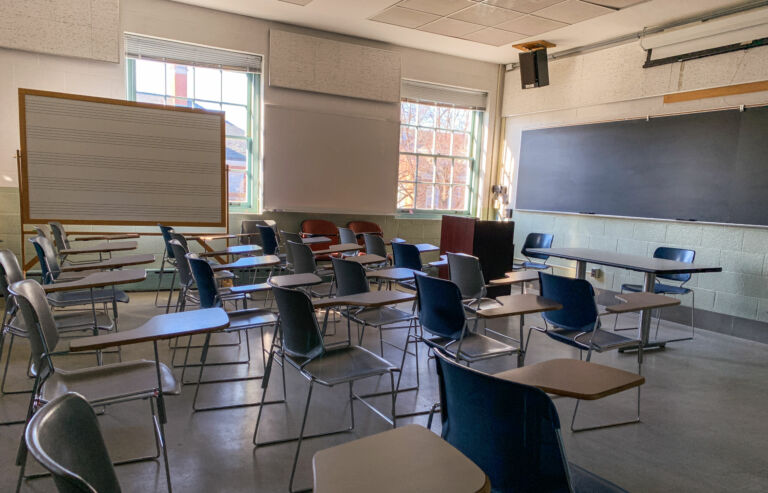Dan McLaughlin of National Review Online counters a mainstream media pundit’s hot take on Democrats’ election plans.
Jamelle Bouie argues, in the New York Times, as if it is some sort of revelatory “gotcha,” that the Constitution gives Congress power over elections, and therefore (1) what Democrats are proposing is not a “takeover” by the federal government of state authority and (2) everything they are trying to do is constitutional. Neither is true.
On the first point, Bouie completely ignores traditional practice in arguing that nothing much is changing. The Democrats’ current proposals would transfer a vast amount of authority to the federal government that it has never before exercised. They would, for example, micromanage what forms of identification can be used, how many days of early voting can be permitted, how long after Election Day ballots could be received, how a state can regulate mail-in ballots, and by whom a voter’s ballot could be handled. Nobody really disputes that this would be a federalization of the mechanics of voting and elections that is unprecedented in our history. It goes far beyond simply preventing states from stripping voters — in law or in fact — of the franchise. The proposals are, in fact, a federal takeover of powers traditionally exercised by states and localities, and Democrats fail to present the sort of extraordinary justifications that would support such a radical move.
On the second point, Bouie attacks a straw man: “The clear implication of the Republican argument is that any federal regulation of state elections is constitutionally suspect.” But just because Congress has extensive powers does not mean that those powers are unlimited. Legal challenges to the Democrats’ bills, if they were to be enacted, would be targeted more precisely. For example, even aside from constitutional issues with other parts of the “Freedom to Vote Act” — such as its regulation of political speech — the bill goes deep into the process of voter registration and the maintenance of voter rolls, well beyond questions of “the Times, Places and Manner of holding Elections” or the denial of the right to vote.


